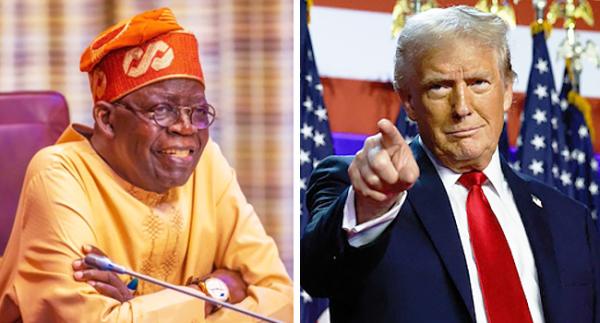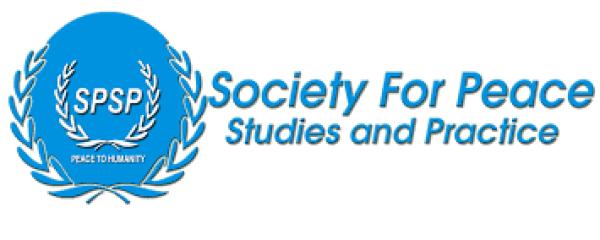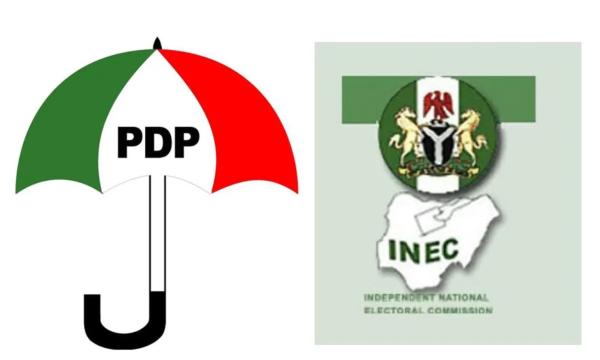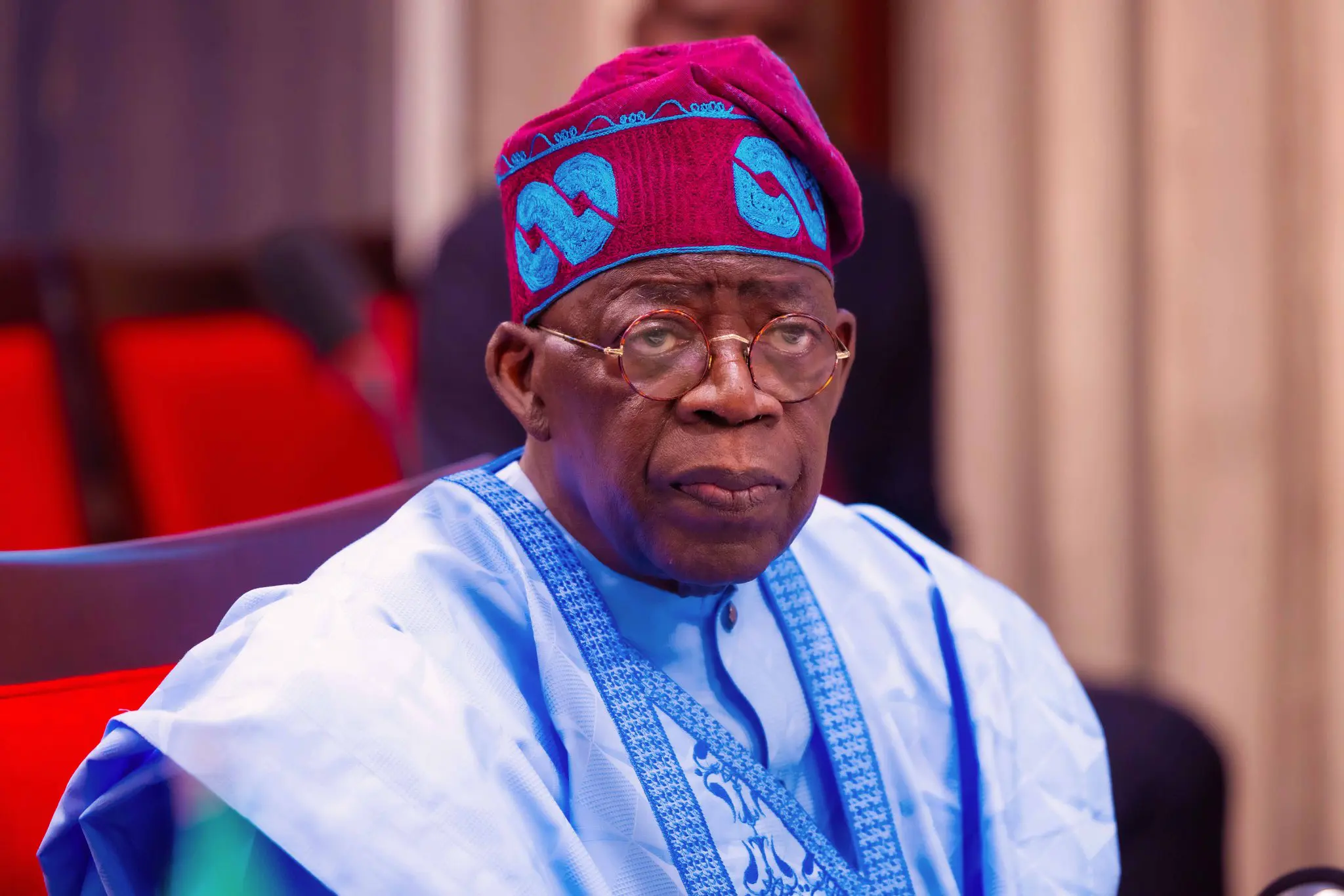
Nigeria won’t cave in to pressure from the Donald Trump administration to accept Venezuelan deportees from the United States, the country’s Foreign Affairs Minister Yusuf Tuggar has said.
Tuggar, who was a guest on Channels Television’s Politics Today programme on Thursday, said Nigeria has enough challenges of its own and won’t be a dumping ground for Venezuelan prisoners deported from the US amid Trump’s crackdown on undocumented migrants.
Nigeria’s President Bola Tinubu joined other world leaders to attend the BRICS Summit in Rio de Janeiro, Brazil, from July 6 to 7, 2025.
On the final day of the summit held by the 11-member economic and political force with Chinese influence, US President Donald Trump announced his decision to hit “anti-American” BRICS nations – including China, India and Nigeria – with an extra 10 percent trade tariff.
Nigeria’s foreign affairs minister said the tariff hike threat might not have to do with Nigeria’s participation in the BRICS summit.
Tuggar said, “The issue of tariffs may not necessarily have to do with us participating in the BRICS meeting.
“You have to also bear in mind that the US is mounting considerable pressure on African countries to accept Venezuelans to be deported from the US, some straight out of prisons.
“It would be difficult for countries like Nigeria to accept Venezuelan prisoners into Nigeria. We have enough problems of our own; we cannot accept Venezuelan deportees to Nigeria. We already have 230 million people.”
The minister said the Tinubu administration has started talks with the US over the fresh visa restrictions imposed on Nigerian nationals. He, however, described as regrettable, the fresh visa restrictions imposed on Nigerian travellers by the United Arab Emirates.
In January 2025, Nigeria accepted an invitation to join BRICS+ as a partner country.
BRICS, an acronym for Brazil, Russia, India, China, and South Africa, was created in 2006 as a bloc that brings together the world’s most developing economies to challenge the political and economic power of the wealthier nations of North America and Western Europe.
The bloc, now known as BRICS+, later admitted new members including Egypt, Ethiopia, Indonesia, Iran and the United Arab Emirates.
BRICS+ accounts for about 37% of the world’s GDP. The bloc’s members account for about half the world’s population and 40 percent of global economic output.




















